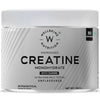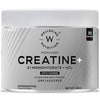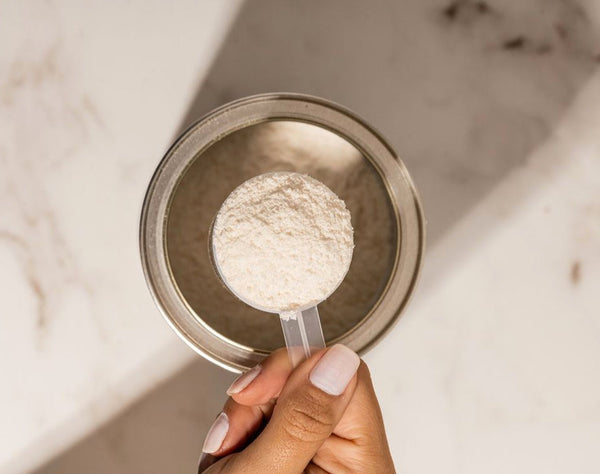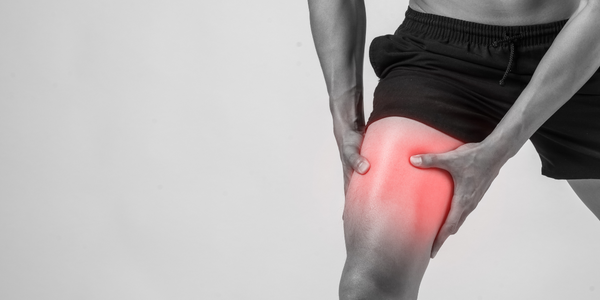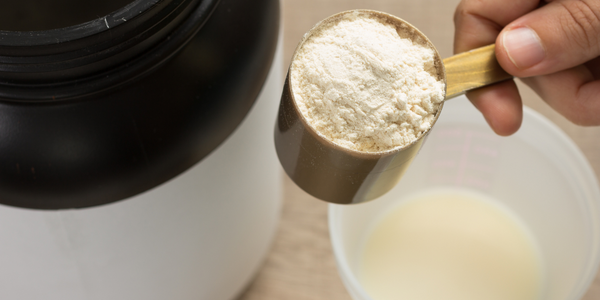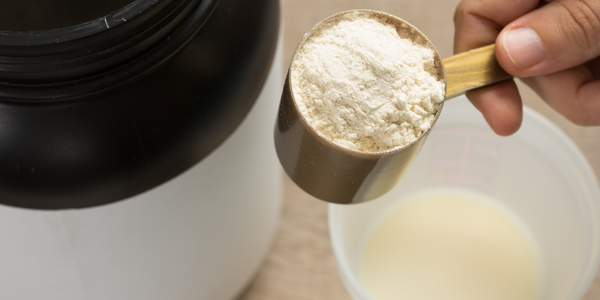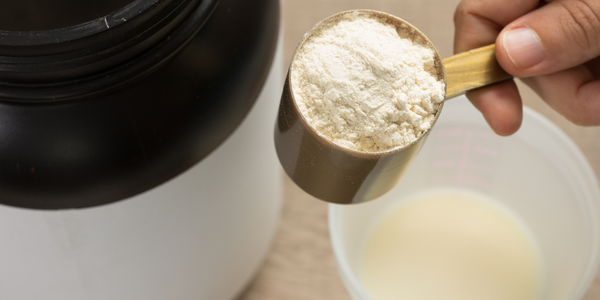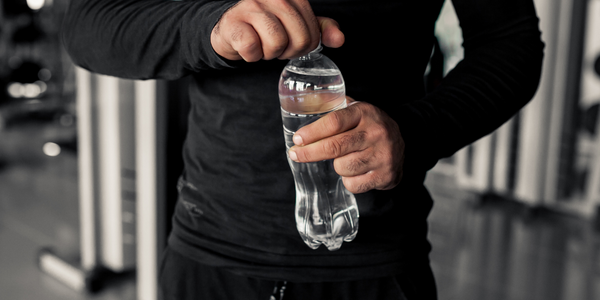Creatine is one of the most extensively researched and widely trusted supplements for enhancing athletic performance. But what exactly does it do inside your body?
In simple terms, creatine acts as a backup energy source for your muscles. Once ingested, it’s converted into phosphocreatine and stored in your muscle tissue. During high-intensity activities like sprinting or weightlifting, your body taps into these phosphocreatine reserves to quickly regenerate adenosine triphosphate (ATP) — the primary fuel your cells use for energy. This rapid energy availability allows you to train harder, lift heavier, and delay the onset of fatigue.
That’s why athletes across sports and disciplines turn to creatine — it’s known to boost power, strength, and muscular endurance, especially during short bursts of intense effort.
A common question among fitness enthusiasts is: “Do I need to take creatine even on days I’m not training?” To answer that, let’s look at how creatine works over time.
Mechanism Behind Creatine and Muscle Stores
Your muscles have a limited capacity to store creatine. When you first start supplementation, your muscle stores are likely not fully saturated. This is why many people begin with a "loading phase," taking 15-20g of creatine daily for about a week to rapidly fill these stores. After reaching saturation, the goal shifts to maintaining these elevated levels through consistent daily intake.
When considering taking creatine on rest days, it's important to understand that your body naturally uses up creatine stores every day, not just during workouts. Your muscles gradually deplete creatine through normal cellular processes and physical activities of daily living. Additionally, a small amount is naturally excreted through urine. This means that even on days you're not training, your creatine levels can decline if not replenished.
For best results, creatine should be taken consistently every day. This steady intake helps maintain optimal muscle saturation, ensuring your body always has access to the energy-boosting benefits of creatine — whether you're pushing through a tough workout or simply giving your muscles time to recover.
Benefits of Taking Creatine on Rest Days
Maintains Muscle Saturation Levels
Taking creatine on off days ensures your muscle stores remain fully saturated. Think of your muscle cells as containers with a certain capacity for creatine storage. Once filled through consistent supplementation, these levels will gradually decrease if not maintained. By continuing to take creatine on rest days, you prevent these levels from dropping significantly, ensuring your next workout begins with fully stocked energy reserves. Research shows that consistent creatine levels lead to better performance gains over time compared to cyclical or intermittent use. (NIH)
Supports Muscle Recovery
Creatine on rest days actively supports your recovery process. During recovery, your muscle fibers repair the microscopic damage that occurred during training, this is how they grow stronger and larger. Creatine has been shown to reduce markers of muscle damage and inflammation, potentially accelerating this repair process. (NIH) It also helps replenish glycogen stores more efficiently, which further aids recovery and prepares muscles for your next training session.
Enhances Protein Synthesis
One of the less-discussed benefits of maintaining creatine levels on off days is its positive effect on protein synthesis, the process by which your body builds new proteins, including muscle tissue. Creatine has been shown to upregulate certain factors involved in protein synthesis, potentially increasing the rate at which your body builds muscle. (NIH) By continuing supplementation on rest days, you support this anabolic environment even when you're not actively training.
Reduces Muscle Breakdown
Rest days aren't just about recovery, they're also about preventing muscle loss. Creatine exhibits anti-catabolic properties, meaning it helps prevent the breakdown of muscle tissue. (RESEARCHGATE) By maintaining adequate creatine levels on your off days, you create an environment that favors muscle preservation. This is particularly important during periods of caloric deficit or when training frequency is reduced.
Improves Cellular Hydration
When creatine is stored in muscle cells, it draws water in with it, a process called cell volumization. This increased hydration status enhances cellular function across various pathways that support growth and recovery. How to take creatine daily becomes important here, as consistent intake maintains this beneficial hydrated state in your muscle cells. Proper hydration at the cellular level optimizes numerous metabolic processes, potentially enhancing overall recovery and performance.
Stabilizes Energy Reserves
Even on rest days, your body continues to use ATP for countless physiological functions. By maintaining saturated creatine stores, you ensure your energy systems remain primed and ready. This can translate to better mental focus, reduced fatigue, and improved overall energy levels, benefits that extend beyond just physical performance. (NIH)
Choosing Cleaner Supplements
When it comes to creatine supplementation, quality is everything — especially when taken daily, including on rest days. Not all creatine products are created equal; variations in purity, formulation, and bioavailability can significantly impact both performance and long-term health.
Wellbeing Nutrition’s Creatine Monohydrate and advanced 2-in-1 Creatine Complex (Monohydrate + Hydrochloride) are thoughtfully formulated to meet these needs. HPLC-tested for purity and free from fillers, artificial flavors, and unnecessary additives, they’re safe and effective for everyday use.
The monohydrate is micronized for better solubility and absorption, while the addition of hydrochloride (HCL) in the complex enhances uptake and reduces the risk of bloating or digestive discomfort. These clean, science-backed formulations not only support muscle saturation and energy replenishment but also promote faster recovery, improved cellular hydration, and even cognitive benefits. With an unflavored, easy-mix format, they offer both convenience and flexibility — making them a smart, wellness-first choice for anyone serious about sustainable performance and health.
Conclusion
Daily supplementation helps maintain consistent muscle saturation, enhances recovery, supports hydration, and preserves muscle mass. Even when you’re not training, your body continues to benefit from the presence of creatine.
For best results, stick to a high-quality product that offers clean and long-lasting health benefits. When it comes to creatine, consistency is key. By making it part of your daily routine, you’re setting yourself up for stronger workouts, faster recovery, and steady progress over time.








